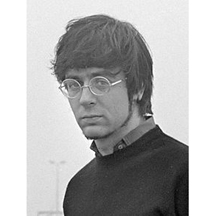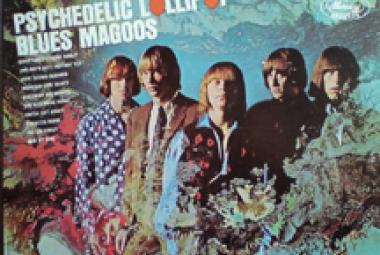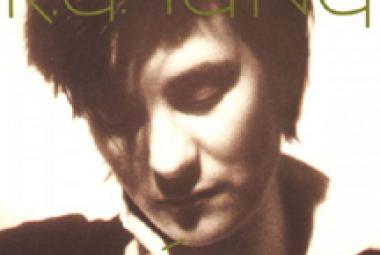Manfred Mann was an English beat, rhythm and blues, and pop band (with a strong jazz foundation) of the 1960’s, named after their keyboardist, Manfred Mann, who later led the successful 1970’s group Manfred Mann’s Earth Band. Manfred Mann were chart regulars in the 1960’s, and the first south-of-England–based group to top the US Billboard Hot 100 during the British invasion. Three of the band’s most successful singles, “Do Wah Diddy Diddy”, “Pretty Flamingo” and “Mighty Quinn”, topped the UK Singles Chart. (More from Wikipedia)
Jack Bruce was the original bass guitarist for Blues Incorporated, which was founded by Cyril Davies and Alexis Korner as the first amplified R&B band in Britain; other bandmembers in the early line-up include Charlie Watts, the drummer for the Rolling Stones, and vocalist Long John Baldry. The band was never intended to have a fixed line-up and included numerous fine musicians over its life, among them the future drummer for Cream, Ginger Baker. Jack Bruce was also briefly a member of Manfred Mann.
* * *
To some extent at least, the formation of Cream grew out of an English all-star band called the Powerhouse that was assembled solely to provide music for a 1966 compilation album called What’s Shakin’ that announced the arrival of Elektra Records in Great Britain. Bandmembers included Eric Clapton (guitar); Jack Bruce (bass guitar) and Paul Jones (harmonica) from Manfred Mann; Stevie Winwood (lead vocals) and Pete York (drums) from the Spencer Davis Group; and Ben Palmer (piano), who had briefly been in a band with Clapton in 1965. Ginger Baker was originally slated to be the drummer for the group but was unavailable. This remarkable line-up included two members of Cream (and almost all three), plus two future members of Blind Faith (Clapton and Winwood). What’s more, Cream later recorded two of the only three songs ever made by this assemblage, Robert Johnson’s “Crossroads” and an instrumental called “Steppin’ Out” that Eric Clapton had previously performed while in John Mayall & the Bluesbreakers. The artist on these two songs was listed as Eric Clapton & the Powerhouse. The third song, “I Want to Know” was credited to MacLeod, an evident reference to Paul Jones’ wife Sheila MacLeod; Ten Years After included “I Want to Know” on their first album, Ten Years After that was released in late 1967.
(May 2014)
* * *
Another important British Invasion band, Fleetwood Mac had a major change or two in direction over their career. Like Manfred Mann, they started off as an important blues-rock English band; after several line-up changes – including the addition of two women, Christine McVie and Stevie Nicks – Fleetwood Mac evolved into a best-selling pop-rock band.
(June 2014)
* * *
Several other major artists have launched their careers with Bob Dylan songs, Olivia Newton-John (“If Not for You”), the Turtles (“It Ain’t Me Babe”), and Cher (“All I Really Want to Do”) among them. Cher’s hit version of “All I Really Want to Do” had to compete on the charts with the Byrds’ version of the same song, “All I Really Want to Do”. Additionally, Manfred Mann and Manfred Mann’s Earth Band have salted their albums with mostly obscure Bob Dylan songs since their third release, As Is (1966).
(March 2015)
* * *















